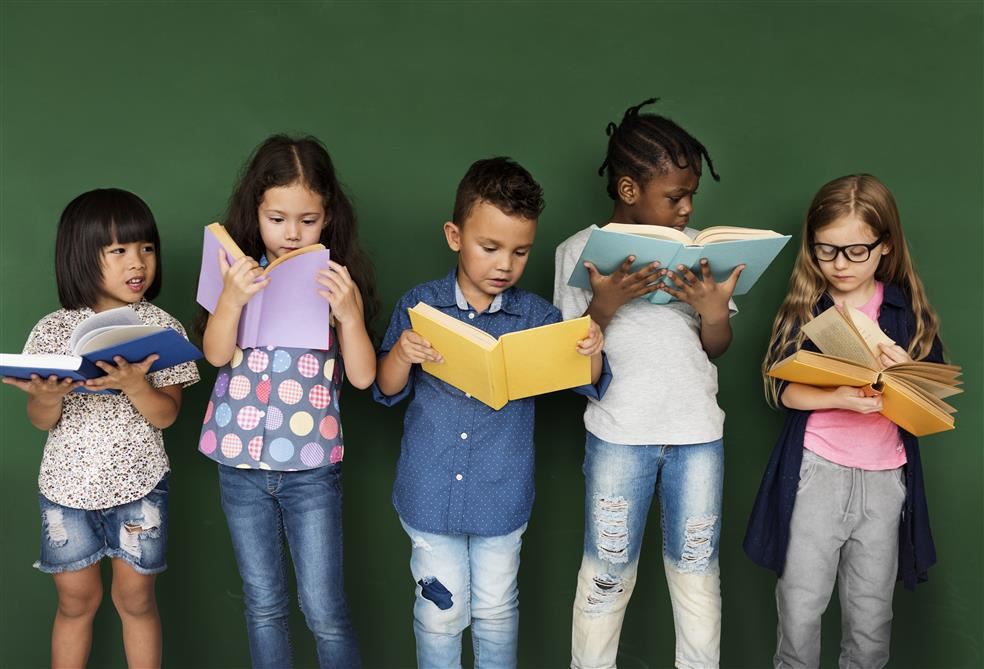
-
Raising (Gifted) Readers
Excerpts from "Raising (Gifted) Readers" - a Research Review by Jill Williford Wurman, The Grayson School.
Let them think of the library as a playground of sorts for their brains, and see what they discover, what they try out, what they reject and what they love.
What is the most important factor in keeping kids reading?
INTEREST.
It’s simple, but it’s true: students continue to choose to read when they are personally interested in what they are reading; research has borne this idea out again and again. The good news is that gifted kids are usually readers to begin with; it’s like they are wired that way from birth: Gifted readers may read into the night, or read twice the number of books than average-ability readers. Reading fulfills an extra sense of urgency about “needing-to-know” that gifted children seem to have. These reading behaviors are tied to the perception that reading is fun, and therefore, it is a preferred activity.
Even so, how do we get them really interested in reading, and how do we keep them interested?
It’s easy — let them read.
It’s true that gifted students are capable of tremendous things, and of advancing amazingly fast through ever more complex material. Those things are not likely to happen unless the student is interested in doing them, however. Short of being the Tiger Mom and strapping your child to a chair with nothing but a stack of Oxford World’s Classics in front of her, there’s no way to force your child to love reading — but there is a way to let children fall in love with reading: let them read what they want to read.
The critical piece is that the child must be the source of motivation for reading.
A great deal of research has been done on motivation, with regard to reading and to a plethora of other topics, and the pivotal factor in almost all cases comes down to intrinsic motivation (choosing to do something for its own sake or for the sheer pleasure of doing it) versus extrinsic motivation (doing an activity for an external reason, like a paycheck or a grade or to make someone else happy). Intrinsic motivation is also how we get to that “flow” state where we “lose ourselves” in whatever it is we are doing — and it is in that state, not coincidentally, that great creative insights are found, and insightful connections are made.
So is there still a place for book lists and assigned reading and classic novels? (Will your child have to suffer through their version of Ethan Frome, too?)
Absolutely. But we are learning that the most important thing in creating readers is letting them read — as many texts as possible, in as many writing styles as possible, and on as many topics as possible. It’s the best way we know to feed their hungry brains, and to grow a lifelong reader while you’re at it.
Link to the full article - "Raising (Gifted) Readers"
-
Image by rawpixel.com on Freepik






